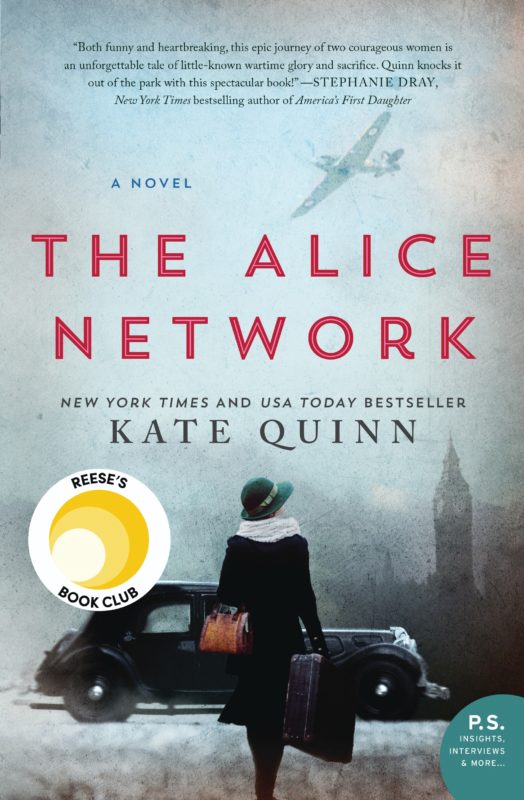Goodwill and happiness has descended upon us in the form of the holiday season, and I am in my usual cynical funk. Having absorbed all the canned Christmas music I can stand in the course of holiday shopping, I am now in no mood to praise anybody. So allow me to sharpen my claws and sink my teeth into a piece of holiday historical fiction which I loathe with the fire of a thousand suns: namely, Charles Dickens’s A Christmas Carol.
I admit, I am not a Dickens fan. I find his humor cumbersome, and overall he’d have benefited from one of those short-tempered old-fashioned editors who flip through the manuscript and bark, “Cut 50%!” Dickens’s other books are bad enough, but A Christmas Carol is a piece of sanctimonious treacle that was forced down my throat in some institution of learning or other, and on which I have been gagging ever since.
For one thing, (though this is not precisely Dickens’s fault) there is no reason why A Christmas Carol should ever have become family holiday reading in the first place. It is first and foremost a ghost story, and the triple incantation of Christmas Past, Present, and Yet To Come is likely to scare imaginative kids silly, especially if they have ever heard of the decidedly non-Christian legend of the Three Fates. Even for adult readers, the visions Scrooge sees can leave a bad taste: abandonment, betrayal, bitterness, and death. Did he really deserve all that? Why not visit the Three Christmases on a murderer or a wife-beater instead of a crusty old bachelor whose only crimes were a tight fist and a non-politically correct work environment?
This leads to my second point, which is that Scrooge’s change of heart is decidedly suspect. The sentimental might sigh about the power of Christmas having awakened a true desire for change in the old man’s wizened heart, but the cynical among us smell a rat. Scrooge’s transformation from crusty curmudgeon to human saint is less about altruism and more about self-interest. He has, after all, been shown a terrifying vision which convinces him that unless he mends his ways, he will spend eternity in hell clanking around in chains like his former business partner. So, with businesslike efficiency, he proceeds to mend his ways. Smells less like Christmas spirit to me, and more like he was covering his ass with both hands and a stocking.
My third grudge against the book is Tiny Tim. I can’t stand the little wretch, and I doubt Scrooge will be able to either, at least not for long. I always hope he’ll snap halfway through his Christmas chez Cratchit and push the little bugger out a tall window before I have to read the nauseatingly cute “God bless us, every one!”
My last grudge is probably not Charles Dickens’s fault either . . . but do we have A Christmas Carol to blame for what Christmas in America has turned into? Christmas didn’t always use to be a family-centered, child-oriented celebration of treacle. Christmas has its roots in the pagan Saturnalia, which involved all kinds of drunkenness and celebration but no sentimentality. The Puritans made sure to spoil all that pagan fun by making Christmas revolve around church services–any Bob Cratchit who had whined about Christmas dinner to them probably would have gotten a grim lecture on the evils of gluttony. But then the Victorian era came along, and so did the idea of a more family-centered holiday . . . and then came A Christmas Carol, which added all the secular trimmings of food, gifts, games, children, and family gatherings that give us so many headaches in the modern holiday season. Mr. Dickens, you have a lot to answer for.
I believe in Christmas. But crusty old misanthropes should be able to celebrate it too, with neither bad dreams nor overly cute children to ruin the occasion.







